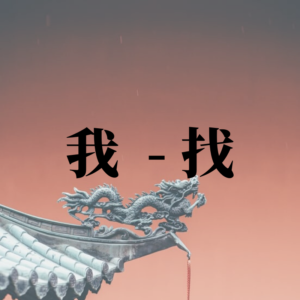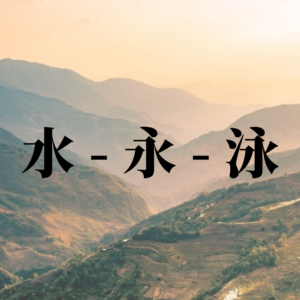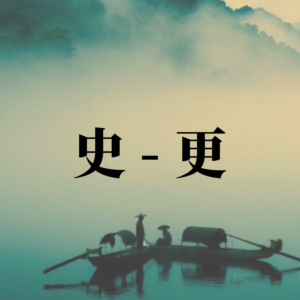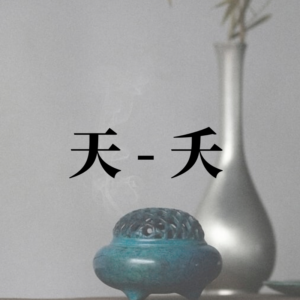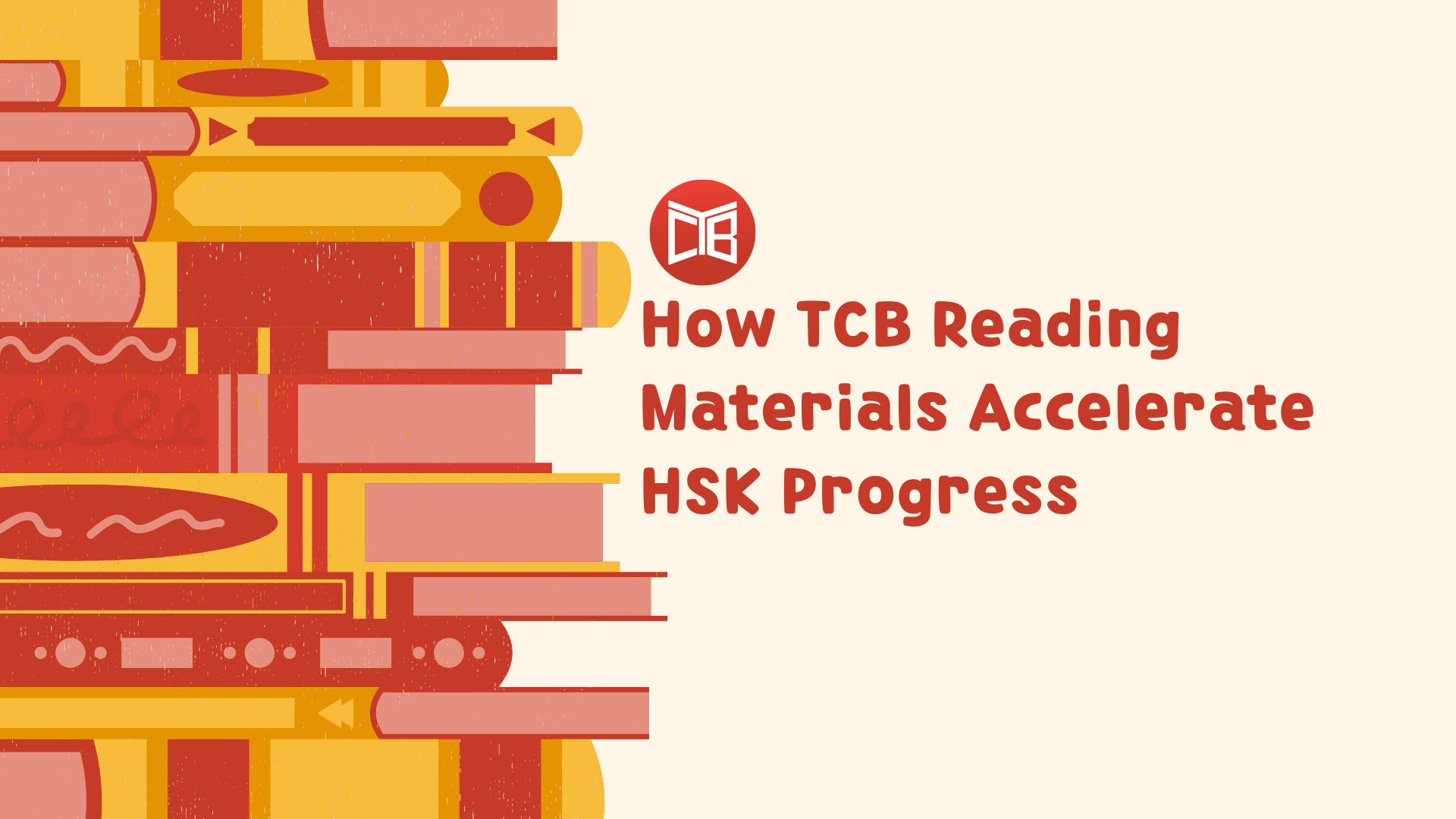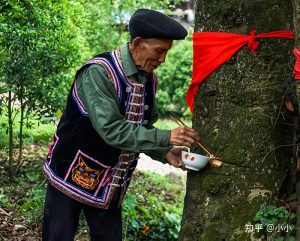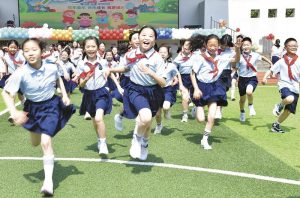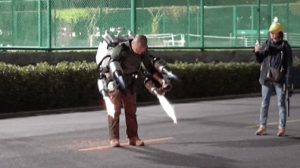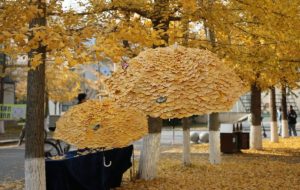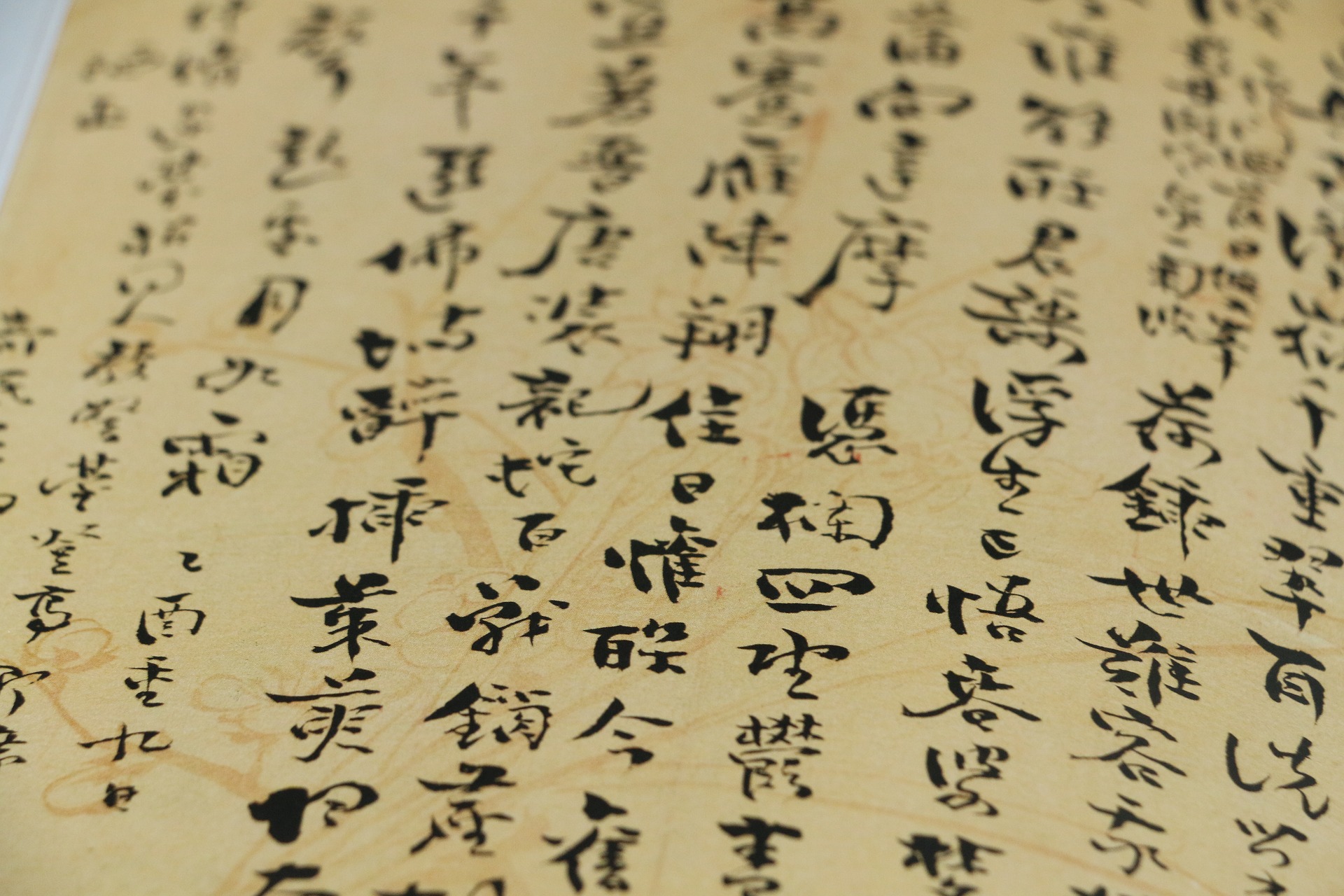
Similar Characters are one of the stumbling blocks of learning to read and write Chinese. It’s often hard to tell characters apart, especially when the difference between them is just the flick of a pen. To get you used to this we’ve made a list of some of these similar characters and the differences between the pairs or trios.
Similar Characters : 我 vs 找
我 and 找 are very similar characters. 我 means I ; it’s one of the first words that you’ll learn in Chinese. However, this can sometimes be confused with 找 which means to look for something. Here are some example sentences to get you more familiar with the characters:
我找不到 – Wǒ zhǎobúdà – I can’t find it
有个小男孩找你 – Yǒu gè xiǎonánhái zhǎo nǐ – There is a boy looking for you
我去找他 – Wǒ qù zhǎo tā – I went to find him.
Similar Characters : 水 vs 永 vs 泳
水, 永 and 泳 are all very similar characters. It becomes even more confusing when you realize that 泳 and 永 sound the same. But what’s the difference? 水 means water, 泳 means to swim and 永 means to be everlasting. Here are some example sentences to wrap your head around this confusing trio:
“泳”和“永”这两个字谐声 – “yǒng”hé”yǒng”zhè liǎnggè zì xiéshēng – These two characters have the same pronunciation.
在水中游泳 – Zài shuǐzhōng yóuyǒng – To swim in the water.
我永不会说再见 – wŏmen yŏngbù huì shuō zàijià – I will never say goodbye.
Similar Characters : 史 vs 更
史 is a simple character which means history and is commonly found in the word 历史. However when reading Chinese you could mistake it for 更. 更 is a an adjective which means “even more” or “further”. Here are some example sentences that will help you make comparisons between the two characters:
天更黑了 – Tiān gènghēi le – The sky is getting even darker.
我在大学修历史 – Wǒ zài Dàxué xiū lìshǐ. – I’m studying History at University.
这个历史课更难了- Zhège lìshǐ kè gèng nánle – This history class is even harder.
Similar Characters : 天 vs 夭
With a simple flick, 天 and 夭 are two very similar characters. 天 is a common Chinese character that means “heaven“ or “sky”. You can find it in words such as 今天 which means today and “天气“ which means weather. It’s very important you don’t get this confused with 夭, because 夭 means to die young. Have a look at these example sentences to make sure you don’t make any fatal mistakes:
疾病使他夭折 – Jíbìng shǐ tā yāozhé – The illness caused him to die prematurely.
天气不好,她因曝露于室外而夭折 – Tiānqì bù hǎo, tā yīn bàolù yú shìwài ér yāozhé – The weather was bad, she died prematurely due to being exposed to the outdoors.
天太热,我懒得出门 – Tiān tài rè,wǒ lǎnde chūmén – It’s too hot, I don’t feel like going outside.
If you want to expand your knowledge and make more sense of all these characters , why not read our Brief History of Chinese Characters!


